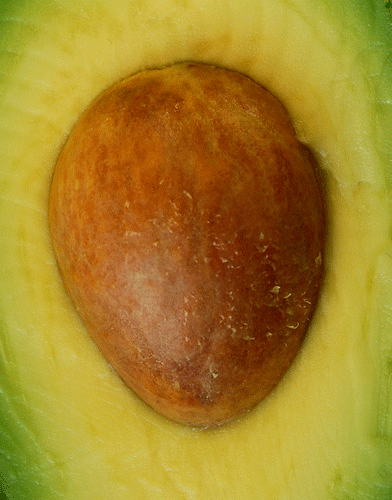Fat: It’s a Memory Maker
Find out why your brain works better on fat

We all know the deal: Fat is evil, right? Buy low-fat, no-fat, fake-fat–anything that keeps you far, far away from the (other) F word. But recent research has some people saying fat’s gotten the short end of the stick. Researchers at UC Irvine are rising to fat’s defense in a new study that says fat could trigger long-term memory foundation.
The secret’s in the sauce, so to speak, and the sauce is known as OEA. In a Jekyll and Hyde way, OEA is both good and bad. On the up side, it sends hunger-curbing messages to the brain to increase feelings of fullness. It can reduce appetite, induce weight loss, and lower blood cholesterol and triglyceride levels. The new news is that OEA also causes memory consolidation. Like magic, OEA transforms short-term memories (“Mmmm …that was good. Wait, what did I just eat?”) into long-term ones (“Remember that chocolate cake we had at that cafe in Paris in 1991? I want some more of that.”).Ok, it’s not magic. It’s science. OEA activates memory-enhancing signals in the amygdala, the part of the brain involved in the consolidation of memories of emotional events, like, say, a divine slice of chocolate cake.
The theory is that back in the day, before processed foods existed, fat-rich foods were difficult to find in nature. Mammals had to remember what, where, and when they had consumed their fat-rich meal so they could deliberately repeat the experience later, and, you know, survive. Humans have apparently hung on to this evolutionary tactic, but how much good does it do us now? Unfortunately, not much. OEA can make us crave fatty foods in the long-term, which leads us to a rampant modern-day problem called obesity (that’ the Hyde part).
Still, though, dieters and people trying to live nutritious, healthy lives can’t eschew fats all together. In fact, if you’re into a low-carb diet, you may need fat more than ever: a recent Tufts University study suggests that seriously restricting carb intake leads to decreased memory function.
It’s best, however, to focus on nutritional balance, rather than dietary restriction. Luckily, fat has its place in our lives and on our plates. You can remember that, right?